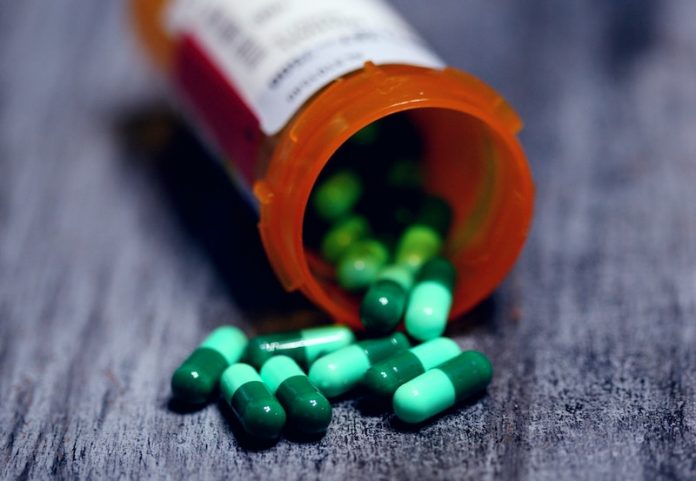
In a new study, researchers found that two existing drugs could inhibit SARS-CoV-2—the virus that causes COVID-19—from infecting human cells.
Both drugs, vacuolin-1 and apilimod, originally developed years ago, target a large enzyme called PIKfyve kinase.
Before this study, little was known about this enzyme’s role in COVID-19 infection.
The current findings show that targeting this kinase through a small-molecule antiviral against SARS-CoV-2 may be an effective strategy to lessen the seriousness of COVID-19.
The work, which will need to be replicated in human trials, suggests a potential new target for COVID-19 therapies.
The research was conducted by a team at Harvard Medical School and Boston Children’s Hospital and elsewhere.
The team previously showed that the two drugs have similar chemistry and were both effective inhibitors against the Ebola virus.
When COVID-19 began to hit the U.S. hard in early March, the team remembered that the kinetics of cell entry of Ebola virus were similar to those of coronaviruses like SARS-CoV-2.
Within a week, they found apilimod worked extremely well in preventing SARS-CoV-2 infection in human cells in the lab.
They also found that like apilimod, vacuolin-1 is a very strong inhibitor for viral infection in the lab.
In another group, researchers did a screen of 12,000 clinical-stage or FDA-approved small molecules, and they found apilimod was one of the best drugs for inhibiting SARS-CoV-2 virus replication.
The drug apilimod’s clinical testing in 700 healthy volunteers and patients showed it did not produce significant side effects even when given to patients for more than a year at high doses.
Currently, the team is testing whether apilimod reduces the seriousness of COVID-19.
They will test apilimod’s safety, tolerability, and efficacy in reducing the amount of virus in about 140 patients with confirmed early-onset COVID-19.
Looking forward, the team hopes to identify other drugs to be given in addition to a PIKfyve kinase inhibitor.
One author of the study is Tomas Kirchhausen, a professor of cell biology.
The study is published in PNAS.
Copyright © 2020 Knowridge Science Report. All rights reserved.



